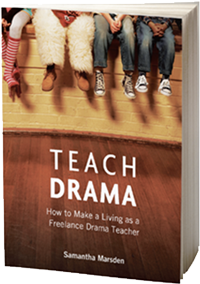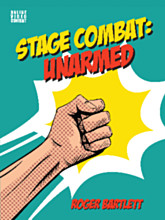Globe Education Shorter Shakespeare: Macbeth (Hodder Education)
Shakespeare’s Globe has produced a vibrant annual education production via its Playing Shakespeare With Deutche Bank series for several years. Now it has teamed up with Hodder to produce glossy, accessible editions of these plays. Macbeth, based on the cut produced by Bill Buckhurst in 2011 is one of the first. A Midsummer Night’s Dream, Romeo and Juliet and Twelfth Night are also available. They look attractive – lots of full colour photography from the 2011 production – and I’m sure they will prove useful to schools. I like, for example, the quite searching questions posed along the way to give students plenty to think about. The trouble is that it’s a short step from “accessible” to “dumbed down”. This edition is over-glossed. Young people do not need every word “translated”. That isn’t how they learn language. And as the late great Shakespeare education guru, Rex Gibson used to say: no child needs “hurly-burly” explained. It’s obvious from the context. I also worry about the emphasis on GCSE. Surely Hodder, as an education publisher, isn’t now saying that you can succeed in your exams without reading the whole play?
Teach Drama: How to Make a Living as Freelance Drama Teacher by Samantha Marsden (Drama Fountain)

RCSSD-trained Samantha Marsden has taught drama extensively: from Stagecoach academies in leafy suburbia to deprived schools in East London as well as working for theatre companies, youth theatres and schools of all sorts. She has run her own youth theatre since 2012. This is a woman who knows what she’s talking about. Her book covers all the practicalities of teaching drama professionally including how to make lesson plans, establish classroom discipline, set up after-school clubs and more along with essential information about insurance and health and safety. I particularly like the interviews – also full of down-to-earth tips and advice – which Marsden includes on the way. She features experienced teachers such as Liz Hague (Artistic Director at the Story Cellar) Holly Dabbs (freelance participatory artist) and Lauren Senatore (MD at Bigfoot Arts Education). Everything is practical and refreshingly free of gush. “Your client is the person who pays you” Marsden reminds the reader simply and “keep all your invoices together in a safe place, as you’ll need them for your tax return”. Best of all is the chapter on contacts, which lists and gives information about all the major companies, including Pauline Quirke Academy, Helen O’Grady, Debutots, Little Voices and many more which might employ you.
Stage Combat Unarmed by Roger Bartlett (Nick Hern Books)

Roger Bartlett is a master teacher for BASSC and a professional fight director. He has worked at Liverpool Everyman, Theatre Royal Bath, Finborough Theatre and for Paines Plough, Sell a Door and Iris Theatre, among many others. His new book – spiral bound and with black and white photographs for ease of use and clarity – covers slapping, punching, kicking, strangling, pulling and pushing, falling, locking and blocking. And there are links to online videos (slow motion and full speed) to make the moves even clearer. As always with this particular form of acting the emphasis is on how to create and perform stage fights which work theatrically but which keep the participants safe. “There is never any excuse to compromise your personal safety or that of your fellow actor” he says firmly. The instruction is very precise and detailed. For a backhand slap, for example, you should sweep your hand around past the victim’s face maintaining the slightly bent arm with the fingers pointing up. Make sure you accelerate the movement through to the end. Then he teaches you how to create the same illusion when the actors are in profile to the audience. This book has the potential to help drama student consolidate what they’ve learned in class and/or to be a useful manual to anyone – amateurs, or school students for instance – coming to this for the first time.